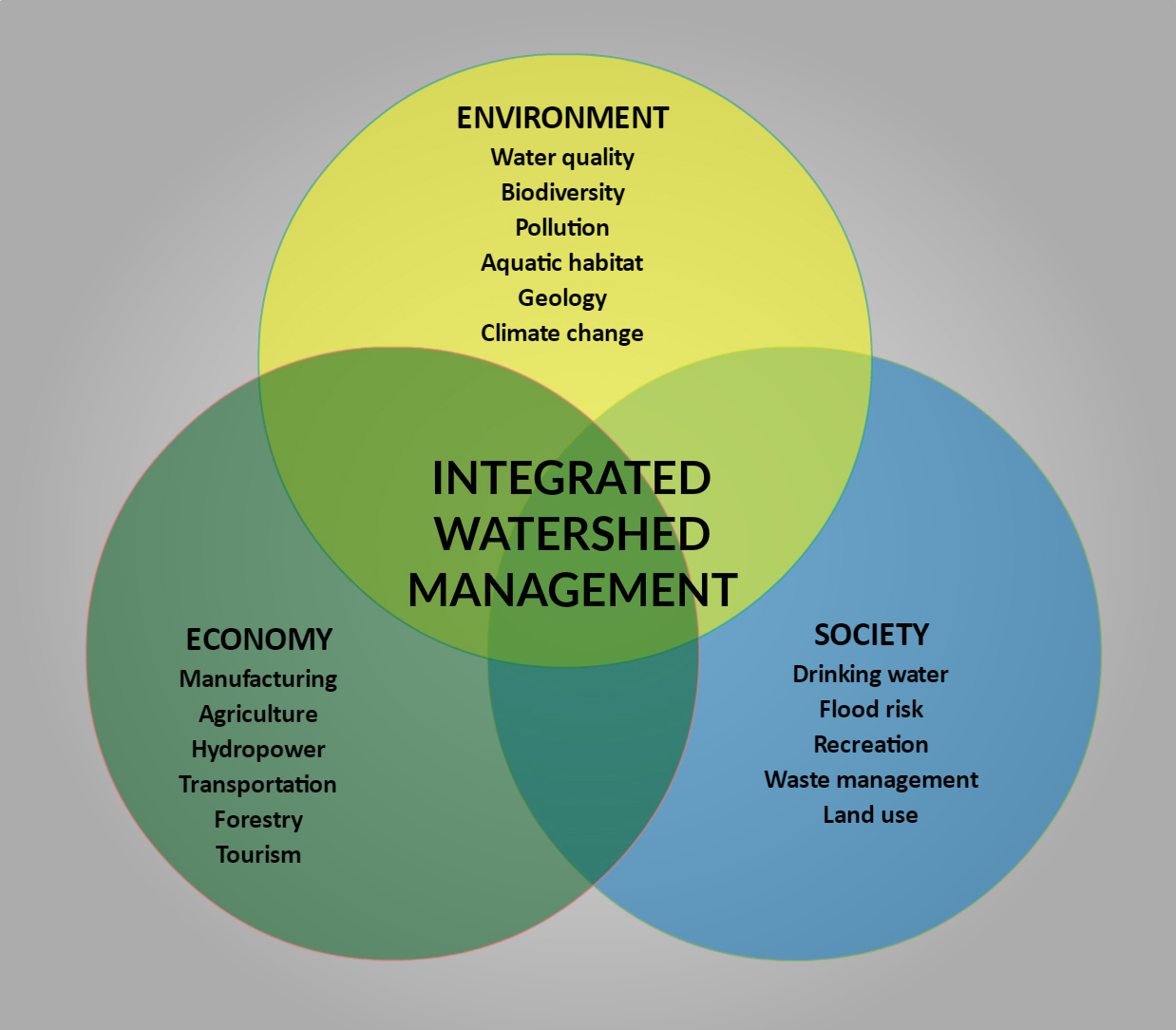Disclaimer: The views and opinions expressed by the author(s) do not represent the official position of Barbados TODAY.
by Regenerate Barbados
We need a watershed management approach to our inland and coastal areas in Barbados. But why? The term “watershed management” may bring large rivers to mind.
But we don’t really have any rivers in Barbados; just a few stream trickles here and there on the east coast like Bruce Vale River, Joes River, Bathsheba, Bath and Conset Bay.
Certainly, there are no rivers on the limestone cap that covers most of the centre south and west of the island. But there are gullies that run like rivers for a while when it rains, and these all have their watersheds. So that’s quite a few watersheds, isn’t it? To be factual, there are actually 94 watersheds in Barbados (see map).
The two largest are the Constitution River that empties into the Careenage and the Bruce Vale River that runs into Long Pond.
There are also about 25 watersheds along the west coast. Several in the middle of the island flow into the St George Valley rather than the sea.
Some watersheds will be easier to manage than others.
The east coast watersheds could be good to start with because they are not so heavily populated. The two largest would be our biggest challenges.

Watersheds outlined in blue, water courses in red.
So, what is watershed management anyway? It treats the catchment area of a watercourse as a whole because whatever happens on that land ends up affecting the water in the watercourse, the health of people and ecosystems where that water comes to the coast and ultimately the marine environment.
Awatershed management approach would look at all the practices taking place in a watershed, whether agriculture, housing, commercial or tourism and evaluate what impacts these are having on the watershed.
Then by engaging the people who are involved it would discuss what it would take to change those practices for the better.
Some changes may be easier and less expensive than others, like promoting the establishment of a vegetation buffer along the watercourse to reduce erosion.
Others may require more negotiation and resources, like building a settling and purification pond for a pig farm that is currently discharging its effluent into the gully (unfortunately, that is not uncommon).
Who should do it? You; everyone. All over the world citizen groups form to take on management of the watersheds they live in. They can be led by homeowners, school groups, churches, and purposely engage everyone in the watershed.
Some have cleaned up watercourses and the quality of water that enters the sea to a huge extent. Community groups have tackled the revitalisation of major rivers such as the Thames and Hudson.
This is the kind of environmental action that the Ministry of Environment should be actively facilitating and coordinating on the ground in collaboration with other ministries and the private sector. But don’t wait for the government or businesses.
Form a community group and start a conversation with the other people in your watershed.
Let the government and businesses know what you are doing and see where they can help. See who has expertise to help map, model and monitor your watershed. Yes, it is YOUR watershed.
Engage the university, community college, polytechnic, secondary schools and others for lots of learning with practical life lessons.
In the smaller watersheds active citizen groups could make a big difference, promote citizen science and experience empowerment.
This is entirely consistent with the idea of ‘Active Citizenry’ as a driver of national transformation as promoted by the Barbados Labour Party Manifesto. It could be the approach that underpins community-based environmental stewardship.
If citizens don’t start doing these things for themselves then we will just have to get used to the ongoing environmental degradation that we see around us and its negative impacts on our health and wellbeing.
Just imagine if every watershed had a group what an improvement it would make island wide.
This article was submitted by Regenerate Barbados.




